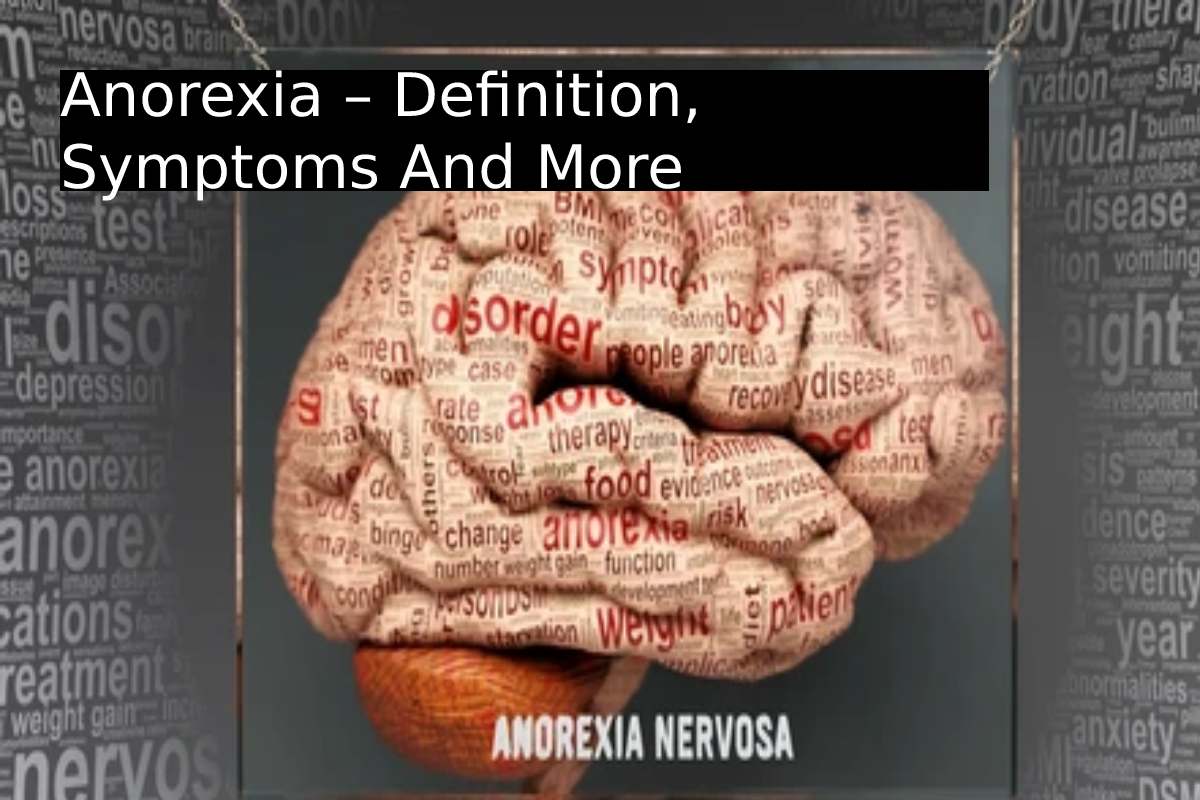Anorexia nervosa is a serious mental illness. Affected people lose weight quickly due to unhealthy nutrition – up to life-threatening conditions. A distorted body image is also typical: the patients feel they are overweight, although they are already severely underweight. Read here how to recognize anorexia, what causes it and how to treat it.
Quick Overview
Description:
Mental illness, addictive eating disorder, severe, sometimes life-threatening, weight loss from radical dieting and/or exercise, distorted body image
Symptoms:
massive weight loss, underweight, hunger pangs, need for control, fear of gaining weight, thoughts revolve around weight and nutrition, physical deficiency symptoms, lack of insight into illness
Causes:
disturbed stress processing, genetic factors, disturbed messenger metabolism, strong need for control, high performance standards, western ideal of beauty
Diagnosis:
severely underweight, self-induced weight loss, body schema disorder, disturbed hormone balance
Treatment: mostly inpatient therapy, normalization of weight and eating habits, individual and group sessions of behavioral therapy, family therapy
Prognosis: About 50 percent of those affected overcome the eating disorder largely with therapeutic help. The shorter the duration of anorexia or the milder the disease, the better the prognosis. Fatal outcome in about 10 percent of those affected.
Anorexia: Description
Patients with anorexia nervosa (anorexia nervosa) have a pathological desire to further reduce their body weight. The entry point into the disease is often a diet. Over time, thoughts about their own body weight increasingly determine the entire everyday life of those affected. Despite being skin and bones, they feel overweight and want to keep losing weight.
Anorexia is an eating disorder, along with bulimia and binge eating disorder. Severe weight loss is the most noticeable symptom of anorexia. Ultimately, however, it is only the outwardly visible sign of a deep-seated mental disorder. Simply eating again is not enough to cure the disease.
Addictive Urge
The disease has an addictive character: the hunger pangs are almost irresistible for the patient. The special kick is the greatest possible control over your needs and your body. For outsiders, this is hardly comprehensible.
In addition, anorexic people have no insight into their illness for a long time. They find it problematic to admit that they have problematic eating habits. As a result, they often resist therapy.
Anorexia nervosa is a serious mental illness. Some of those affected die of malnutrition or suicide
Anorexia: Symptoms
The main symptoms of anorexia are severe, self-induced weight loss, a pronounced fear of gaining weight despite already being underweight, and a distorted perception of one’s own body.
Since malnutrition affects many important bodily functions, numerous physical (physical) ailments also occur.

